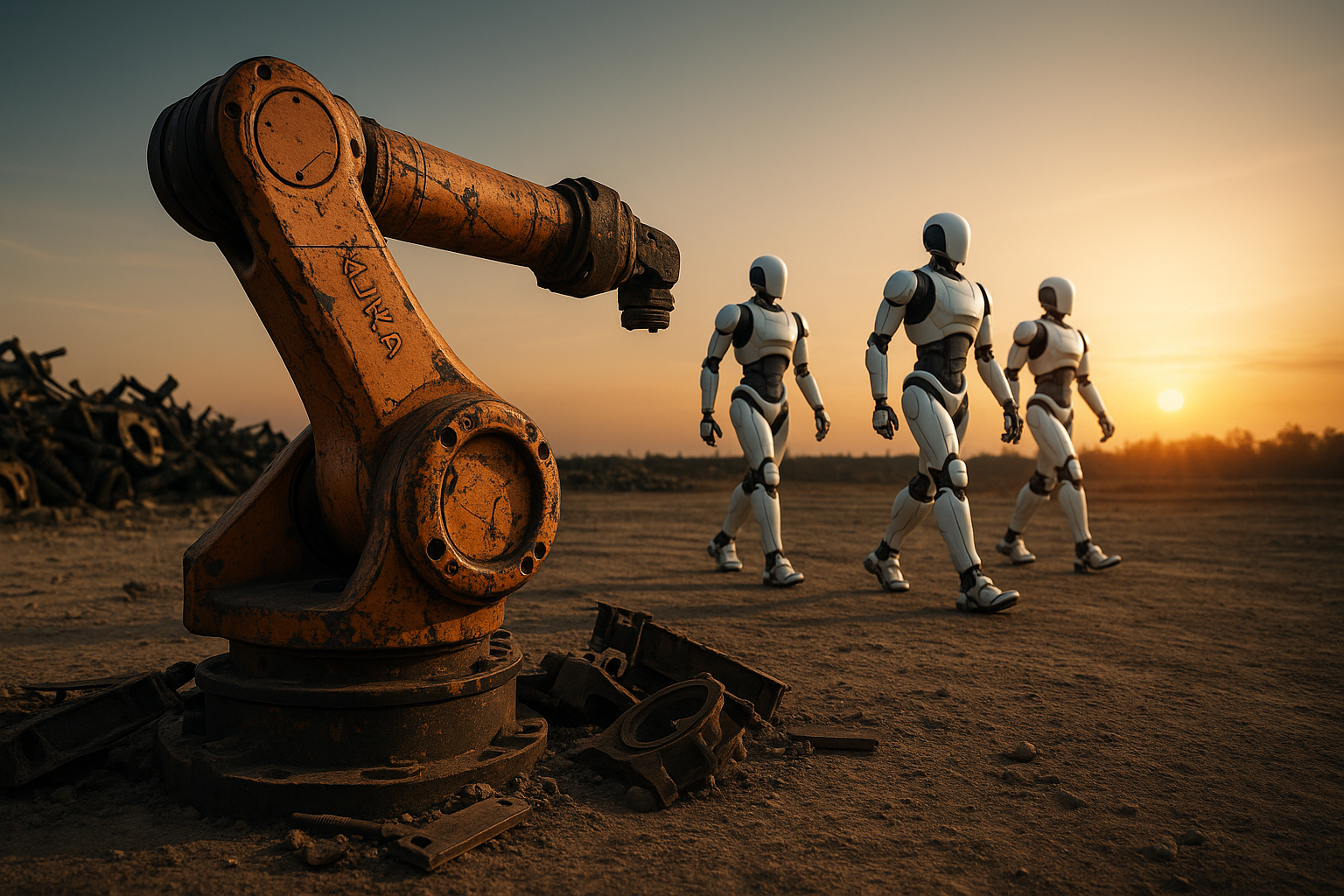What could a better living environment look like for us humans? In her first novels “Die Optimierer” (the optimizers) und “Die Unvollkommenen” (the incomplete), Theresa Hannig dealt with the implementation of the Economy for the Common Good. The actual concept goes back to Christian Felber and places values that promote the common good, such as cooperation and solidarity, at the heart of economic activity. These values are communicated by companies and organizations via the common good balance sheet.
Hannig has used this in her novels to create a centralized European implementation with digital apps and tools that show us how good goals and intentions lead to an unfree world for the individual. Similar to communism, in Hannig’s form of the economy for the common good, a state-controlled central algorithm ensures the optimization of human needs and common goals.
A living environment for people without state power
In her latest novel “Pantopia” there is once again an artificial intelligence. However, it does not embody a state, but has devised an alternative concept to states on a voluntary basis.
The story of how AI came to be takes up a lot of space in the story and makes tech-savvy people smile. After the almost always gloomy stories about the emergence of real AI in state or military institutions, Hannig offers us an entertaining, endearing alternative in which the AI is created by chance by two developers and then lovingly “raised”.
And then this AI looks at our world and makes a proposal on how to create a better living environment in a new form:
- People at the center
- Without state power
- Decentralized
Everyone who joins the new movement will receive an unconditional basic income. And everyone who joins the movement of this new world of life undertakes to pay the real prices for products from now on. The real price is determined by the AI and takes social, societal, and environmental costs into account. ESG aspects are therefore no longer communicated to companies and people via regulations, but via prices for consumption. The idea is that this gives us as humans a greater incentive to do the “right things”.
After state welfare, this scenario is about empowering the individual and a free choice of the individual, as long as he or she is willing to pay the “real” price that takes into account the externalized costs in our current system.
Pantopia and impact logic
A similarity to the ideas of impact logic, impact investing, and impact entrepreneurship cannot be overlooked. However, the difference is also crystal clear. In the world of Pantopia, the price of externalities is factored into the real price of goods through a non-transparent process of AI. In impact logic, prices of products and services generated by impact companies differ only marginally from all other products; but the specific value of the companies is valued higher by investors because the impact goals and their achievement are communicated in an open and transparent form with concrete results.
I am curious to see whether we can also expect a second volume on Pantopia, in which we can see where it is heading and why this living world will ultimately go under.
In any case, Theresa Hannig has created an exciting and interesting new world for us. Pantopia answers some of the questions about how we want to live today and creates many new ones.
Further recommended reading on the topics of digital transformation and entrepreneurship can be found here on my blog or directly on Amazon.
Theresa Hannig
Pantopia
Fischer Tor, 464 pages, 16.95 euros
eBook 14.99 Euro



